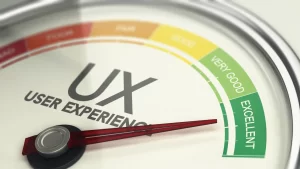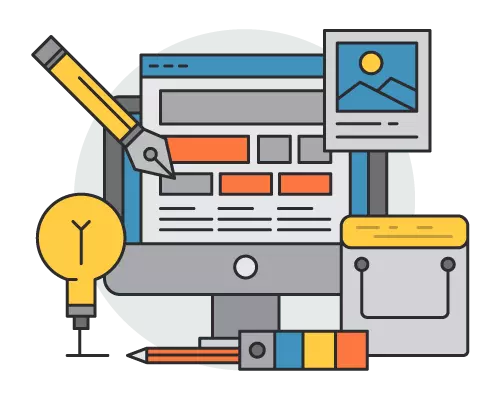Yes, website design costs can be capitalized if the website is considered a long-term business asset.
This typically applies to websites that are custom-built or developed for long-term use, where the costs are seen as an investment.
When capitalized, the expenses are added to the company’s balance sheet and depreciated over time, instead of being fully deducted in the year they are incurred.
When to Capitalize Website Design Costs
1. Custom-Built Websites
If a website is custom-designed and developed for the long-term benefit of the business (e.g., a platform with complex functionality like an e-commerce site or membership portal), the design costs may be classified as capital expenditures. These costs are then capitalized and amortized over several years.
2. Major Website Overhauls
A significant redesign or complete overhaul of a website, involving substantial changes in structure, functionality, or appearance, can also be capitalized.
In this case, the expense is treated as an investment in the business, with the cost spread over the useful life of the website.
3. Software and Development Costs
If the website includes custom software or features that are integral to the business operations (e.g., a booking system, user portal), these costs can be capitalized along with the design.
Depreciating Capitalized Website Costs
1. Amortization Period
In South Africa, the South African Revenue Service (SARS) typically allows website development costs to be amortized over three to five years, depending on the website’s expected useful life. Businesses can claim a portion of the capitalized costs as a tax deduction each year.
2. Benefits of Capitalizing
- Tax Benefits: Spreading out the costs over several years may offer more strategic tax benefits, particularly if the business expects to grow and earn more income in the future.
- Accurate Reporting: Capitalizing costs ensures that large, one-time expenses do not disproportionately affect a company’s profits in a single year.
When Website Costs Should Not Be Capitalized
1. Maintenance and Updates
Ongoing costs for website maintenance, hosting, and updates should not be capitalized, as they are considered operating expenses. These expenses can be deducted in the year they are incurred.
2. Minor Design Tweaks
Small updates, content changes, or minor visual adjustments should also be expensed in the current year rather than capitalized.
Conclusion
Website design costs can be capitalized when the website is custom-built or developed as a long-term business asset.
These costs are then depreciated over several years, providing both tax benefits and accurate financial reporting.
However, ongoing maintenance and updates should be expensed as they are incurred.

















